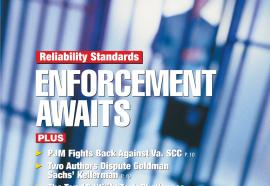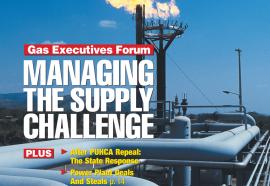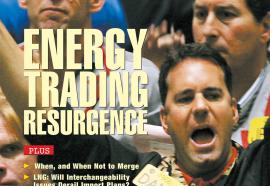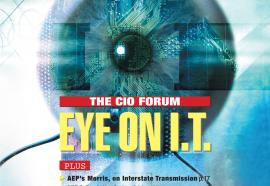Mirror, Mirror
A rash of rate hikes around the country could have utilities facing a public-relations disaster.
Constellation Energy CEO Mayo Shattuck has complained that he and the utility have unfairly been demonized in the public and in the press. In one interview with a Maryland paper, Shattuck showed distress over the verbal abuse his executives had received from angry ratepayers. And who can blame him?









